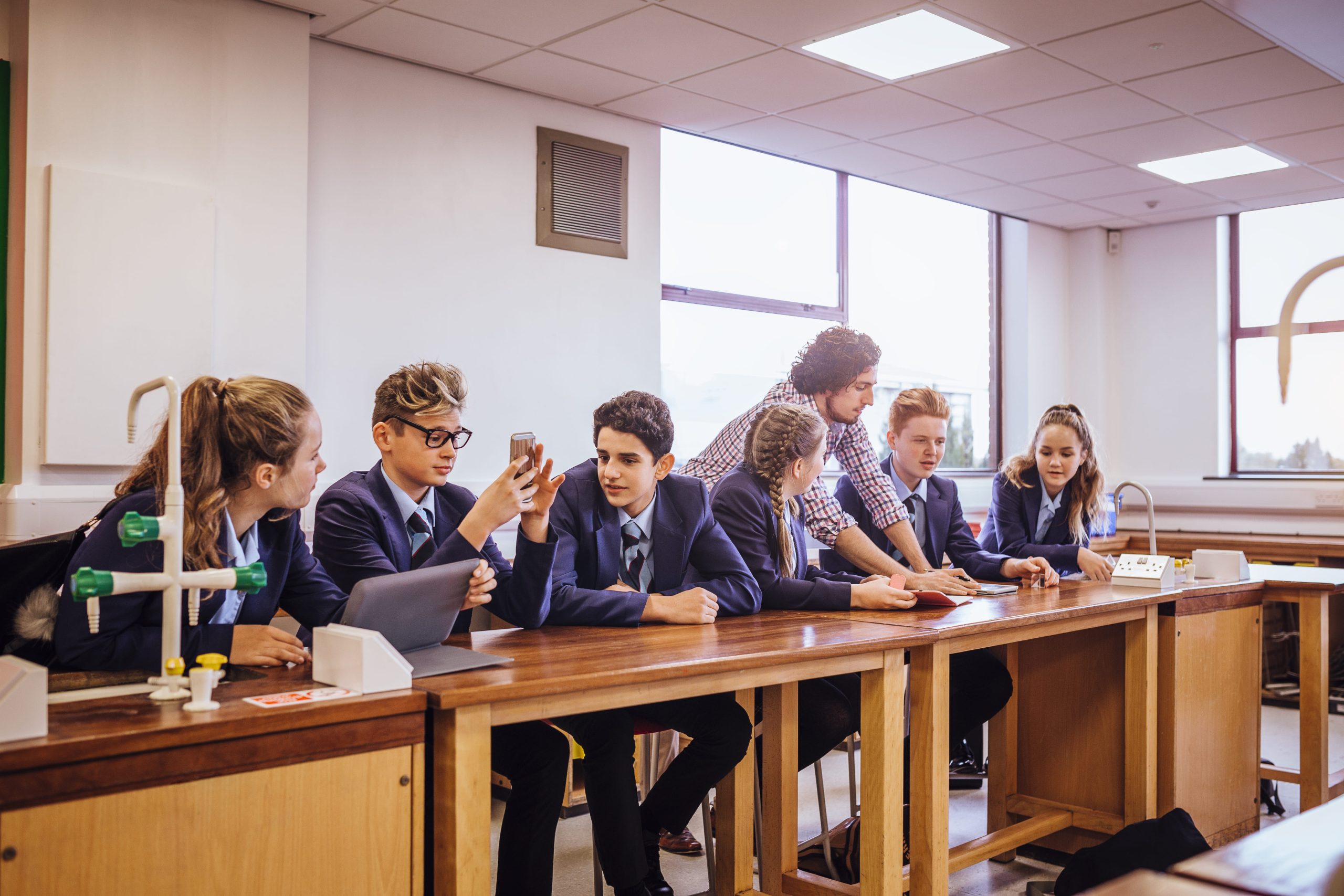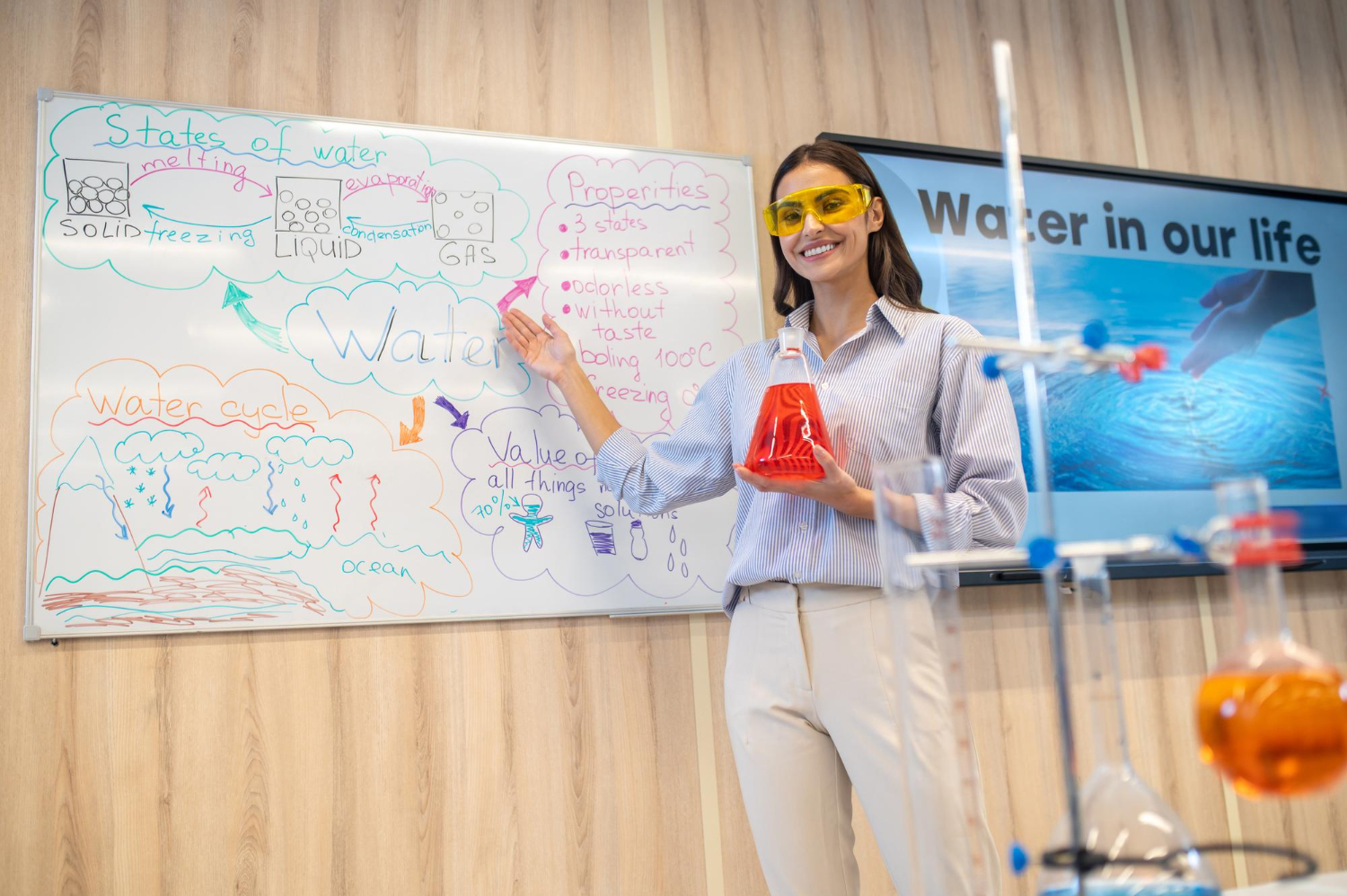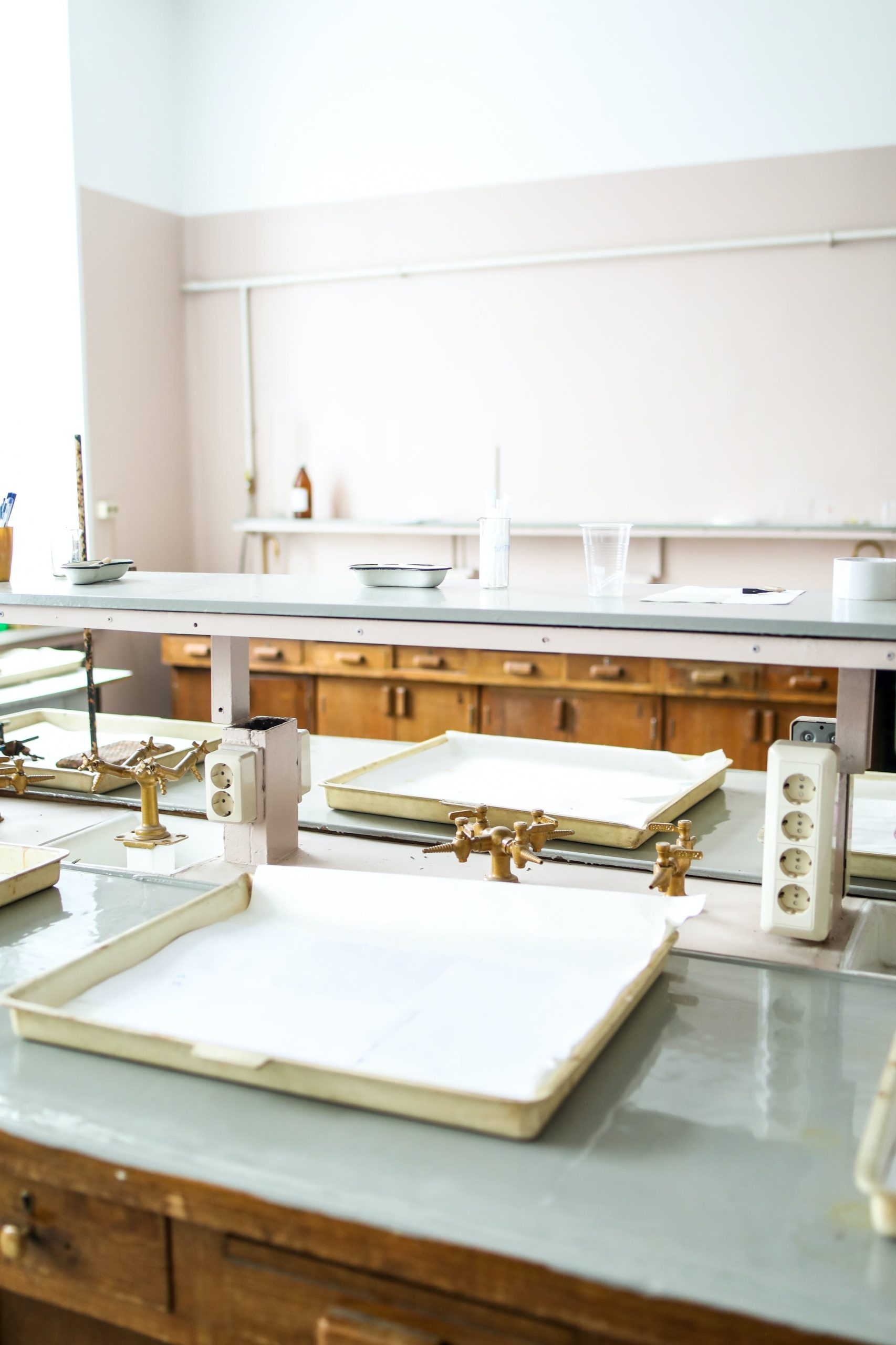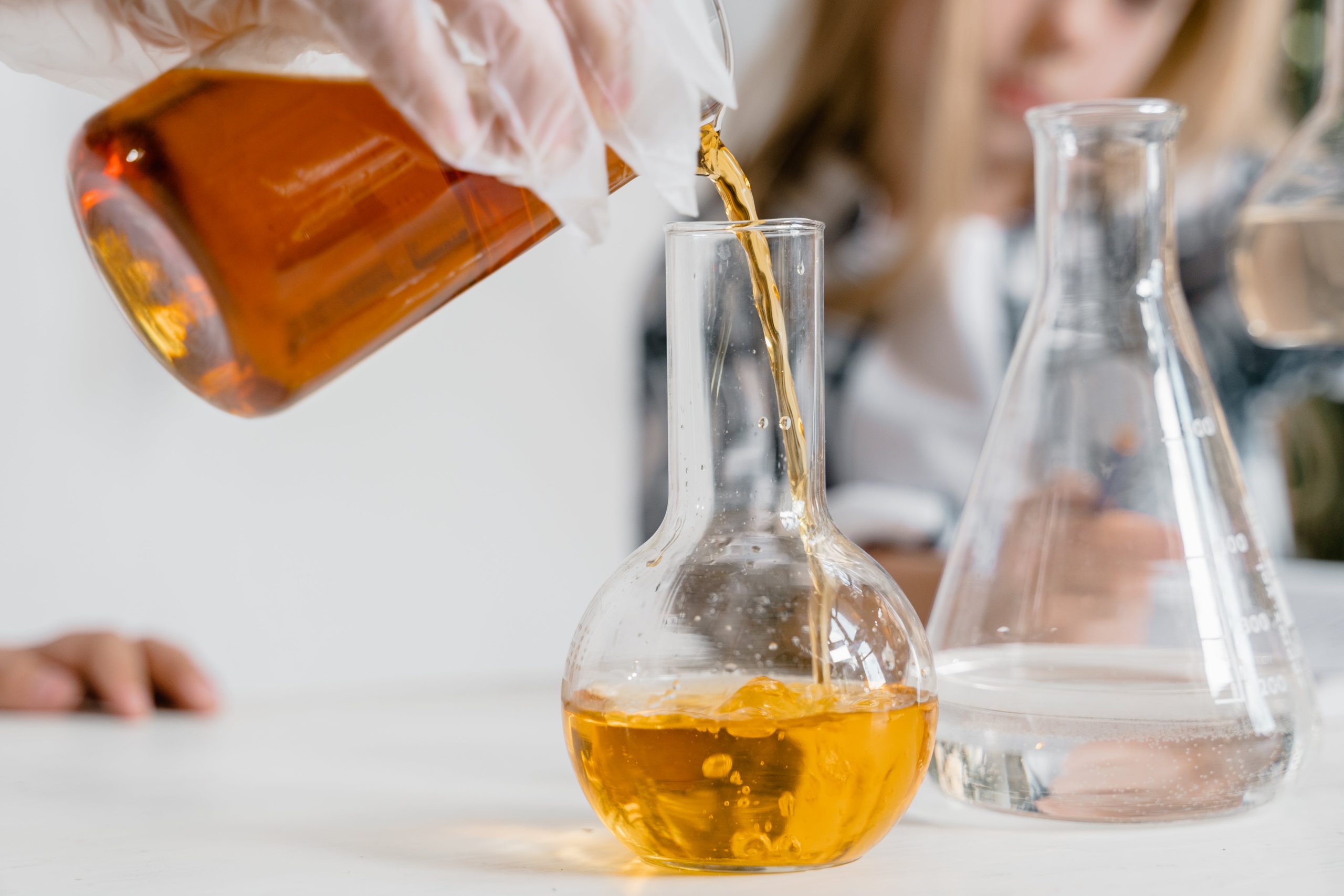Secondary Science Teacher
Secondary school teaching can be a very rewarding career, and if you have a science qualification then becoming a Secondary Science Teacher may be something you want to pursue. Secondary education means you will be teaching classes of mixed ability pupils aged 11 to 16, in Key Stages 3 and 4. Your background may be in a specific science, but as a Secondary Science Teacher you will be expected to have a comprehensive knowledge of the three major science disciplines: physics, chemistry and biology.
What does a Secondary Science Teacher do?
Science is a vast subject covering lots of different concepts and theories which can be hard for many pupils to learn and understand. As a Science Teacher it is important that you have a passion both for science and for relaying your knowledge to young people, instilling in them the same excitement for the subject. Science is important in many aspects of life and work, so is extremely relevant to all pupils. Your job as a Science Teacher is to give pupils a good grounding in the subject, including the ability to question hypotheses, the skills to conduct experiments and the understanding to evaluate results.
